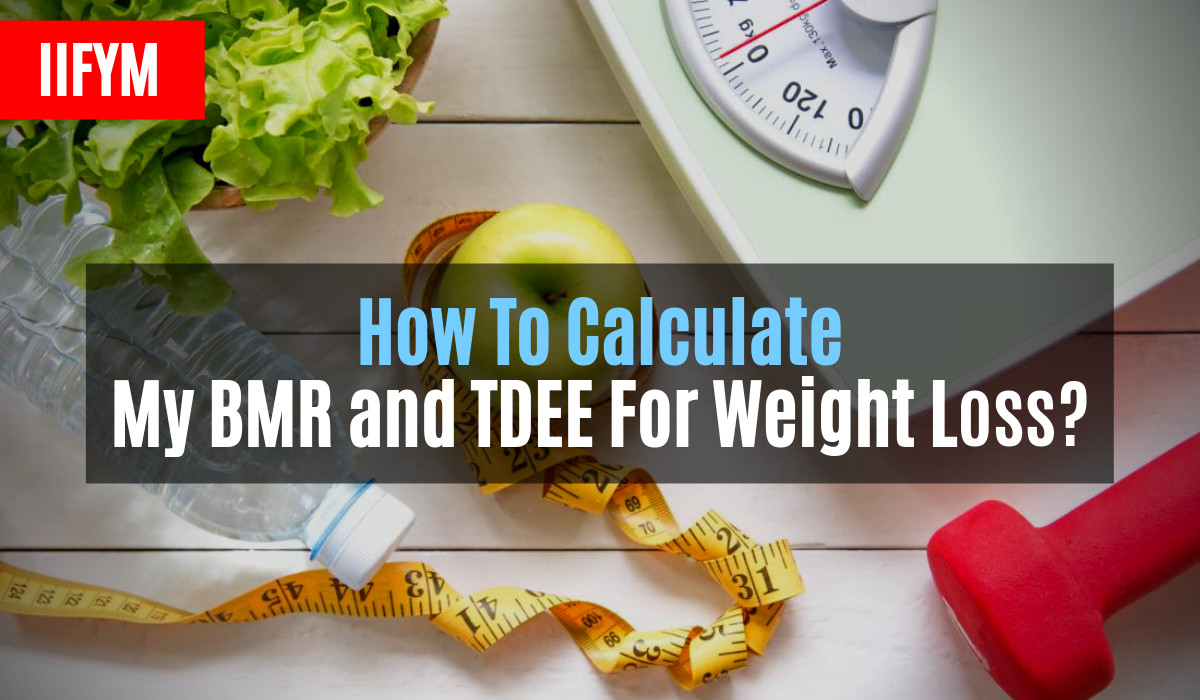
in macronutrient tracking to reap the benefits. This is a liberating, flexible, and highly effective way to approach your nutrition because you achieve great fitness results, but you don’t have to restrict foods unnecessarily.Īnd the truth is, you don’t need to have a Ph.D. This precision is only possible through tracking and ensures better results in the long run. On the other hand, if you want to lose fat, you can maintain a moderate deficit and mostly lose fat without risking your muscle tissue. If your goal is muscle gain, you can maintain a small calorie surplus, gain weight slowly, and mostly build muscle with little fat accumulation. Knowledge is power, and as you gain that knowledge you’ll have increasing power over your wellness.Īnd finally, perhaps the greatest benefit of a calorie and macro calculator is the one about precision. This is really key to your overall wellness and weight control.


When most people start tracking their intake, they realize that their estimates are way off.Īnother benefit of tracking your calories and macros is that you become more aware of your nutritional choices, which often leads to healthier food choices. We often don’t realize how much food we are eating and claim things like, “I barely eat, yet I can’t lose a single pound of weight.” One of the most notable benefits of a calorie and macro calculator is that it keeps you in check.

By tracking your protein intake, you will eliminate this risk, and you won’t have to worry and ask questions like, “Am I eating enough protein?” Benefits Of a Calorie and Macro Calculator Without an adequate protein intake, you won’t recover well from your workouts, and you won’t grow muscle optimally. Instead of continually having to worry about the quality of your meal plan, you have actionable data. Tracking your macros is beneficial because it takes the guesswork out of the equation. Is Knowing and Tracking Your Macros Beneficial? To stay healthy and optimize our fitness, we need to have a balanced intake of all three macronutrients.

So, for example, if you consume 10 grams of carbs, you would ingest 40 calories. Macros (short for macronutrients) are the components that make up food.Įach of the three carries an energetic value – proteins and carbs offer four calories per gram, and fats provide nine calories per gram. And even if you’re not a nutrition expert, it’s good to have a working knowledge of your macronutrients.Įver since the rise of IIFYM (“if it fits your macros”), thousands of fitness enthusiasts have jumped on the macro-tracking bandwagon, claiming that it’s the best way to get fit and enjoy dietary freedom.īut is that true? Today, we’ll go over everything you need to know about the topic. Knowing your macros has many dietary benefits. A calorie and macro calculator has become incredibly common these days, and we have numerous equations to pick from.


 0 kommentar(er)
0 kommentar(er)
